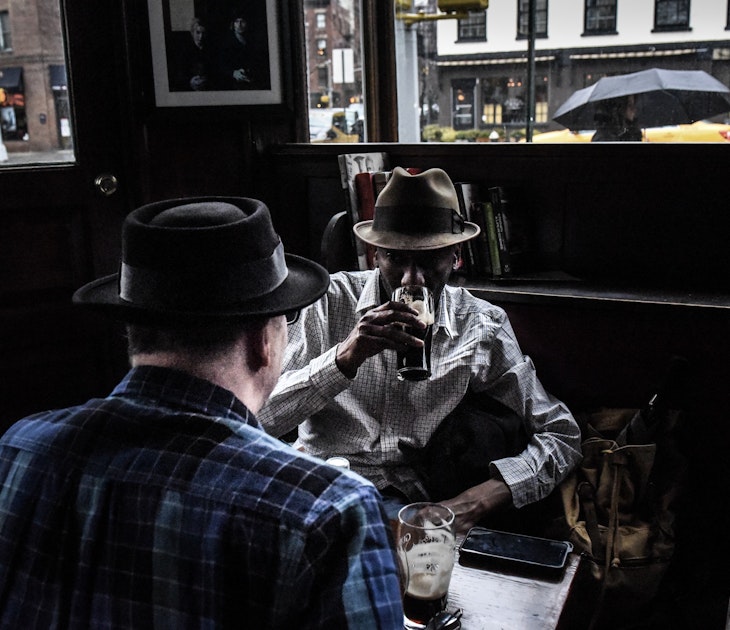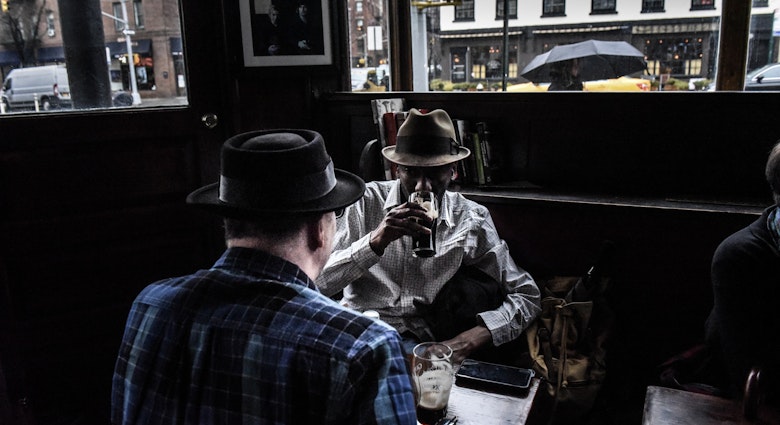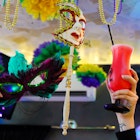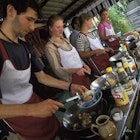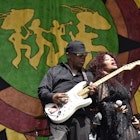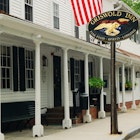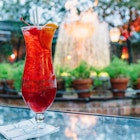African American culinary traditions have a long and storied history, but their influence doesn’t often receive the recognition it deserves. This winter, though, one New York museum will begin to rectify that situation, via a Kickstarter-funded exhibit dedicated to the black chefs, farmers, and food and drink producers who made the country’s cuisine what it is today.
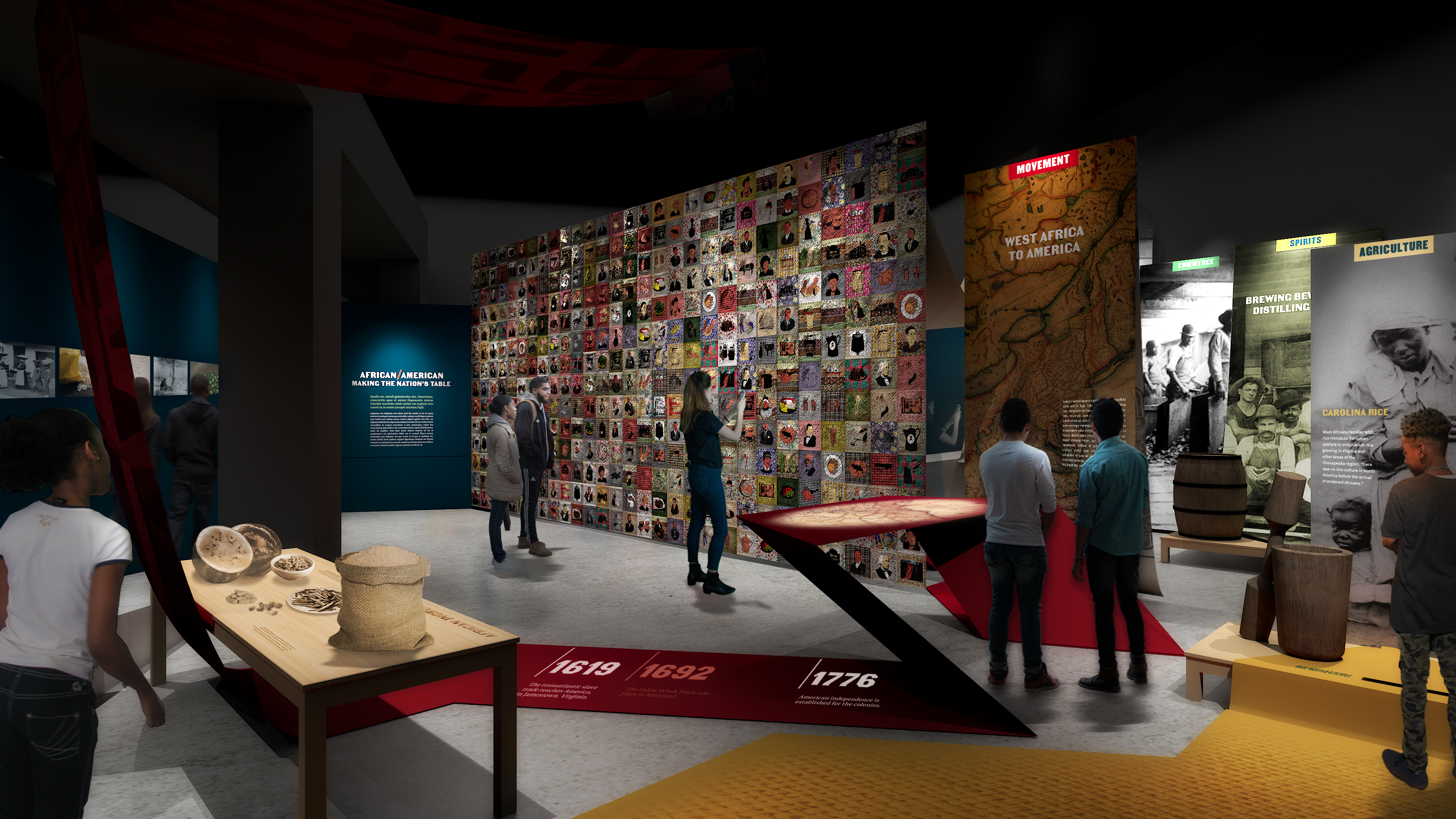
Opening late February 2020 at the Africa Center in East Harlem, “African/American: Making the Nation’s Table” comes courtesy of the Museum of Food and Drink (MOFAD) and a blockbuster lineup of food-world celebrities. Curated by Dr. Jessica B. Harris, a highly-decorated historian and a preeminent expert on African Diaspora cooking, with music selected by the legendary Questlove and tastings created by chef Carla Hall (formerly of Top Chef and ABC’s The Chew), the exhibit aims to highlight the African American community’s contributions to the foundation of America’s food culture.
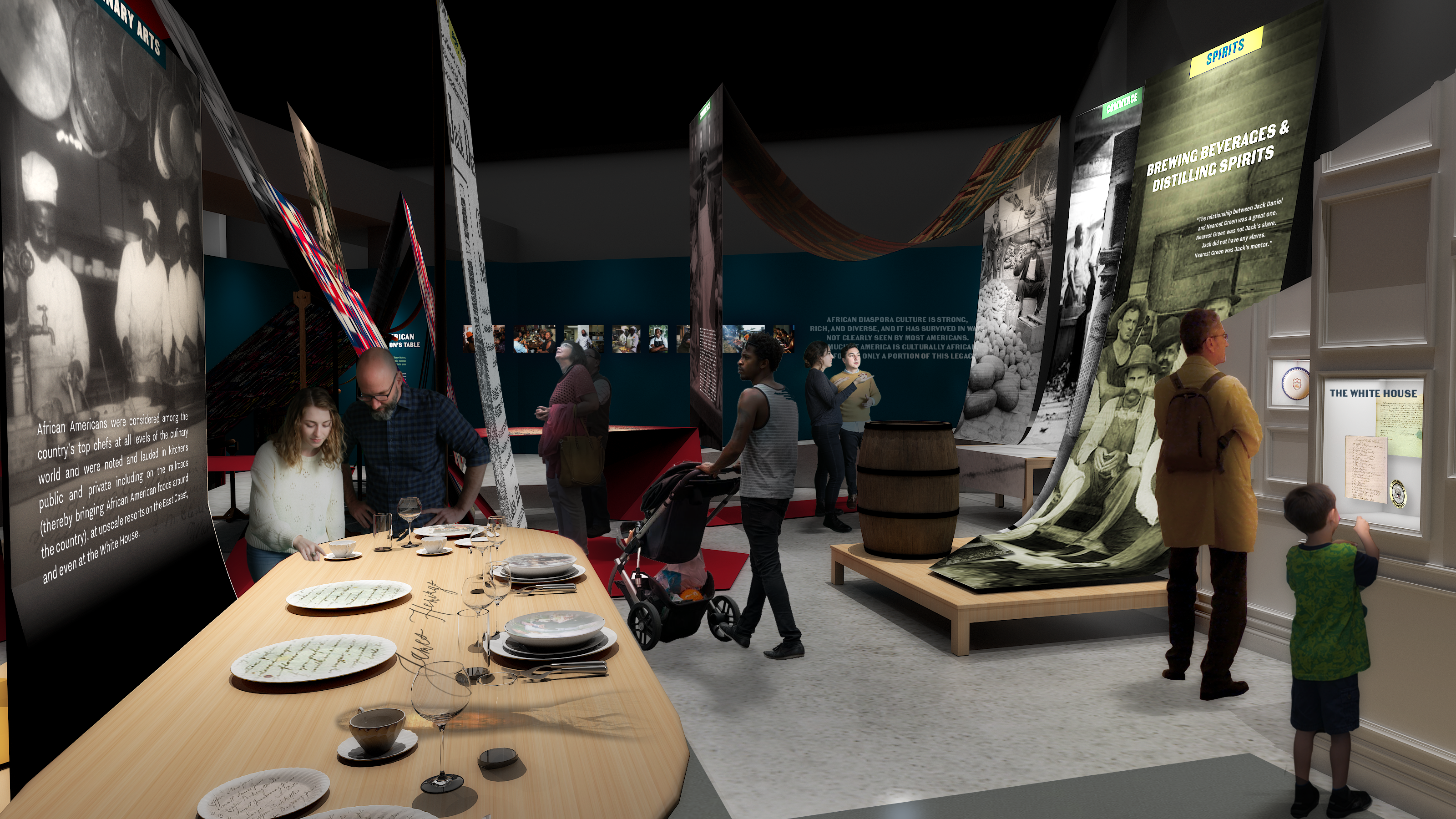
“In the 400-plus years since enslaved Africans first arrived on the North American continent, African Americans have been the bedrock of American cuisine,” Harris said in a press release. “For centuries, we worked the fields, harvested the crops, wrote the recipes, brewed the beer, distilled the whiskey, cooked the food, set the table, served the food, cleared the table, and emptied the chamber-pots. In so doing, we made this nation's table – and our influence continues today.”
According to MOFAD executive director Peter J. Kim, the goal of “African/American” is two-fold: “to create a deep appreciation for the profound impact that African Americans have had on American cuisine, and to bring diverse audiences together around a table to celebrate our shared culinary identity,” he said in a press release. “We are profoundly grateful to the Africa Center for providing us the space and the guidance to share these absolutely crucial, undersung stories.”
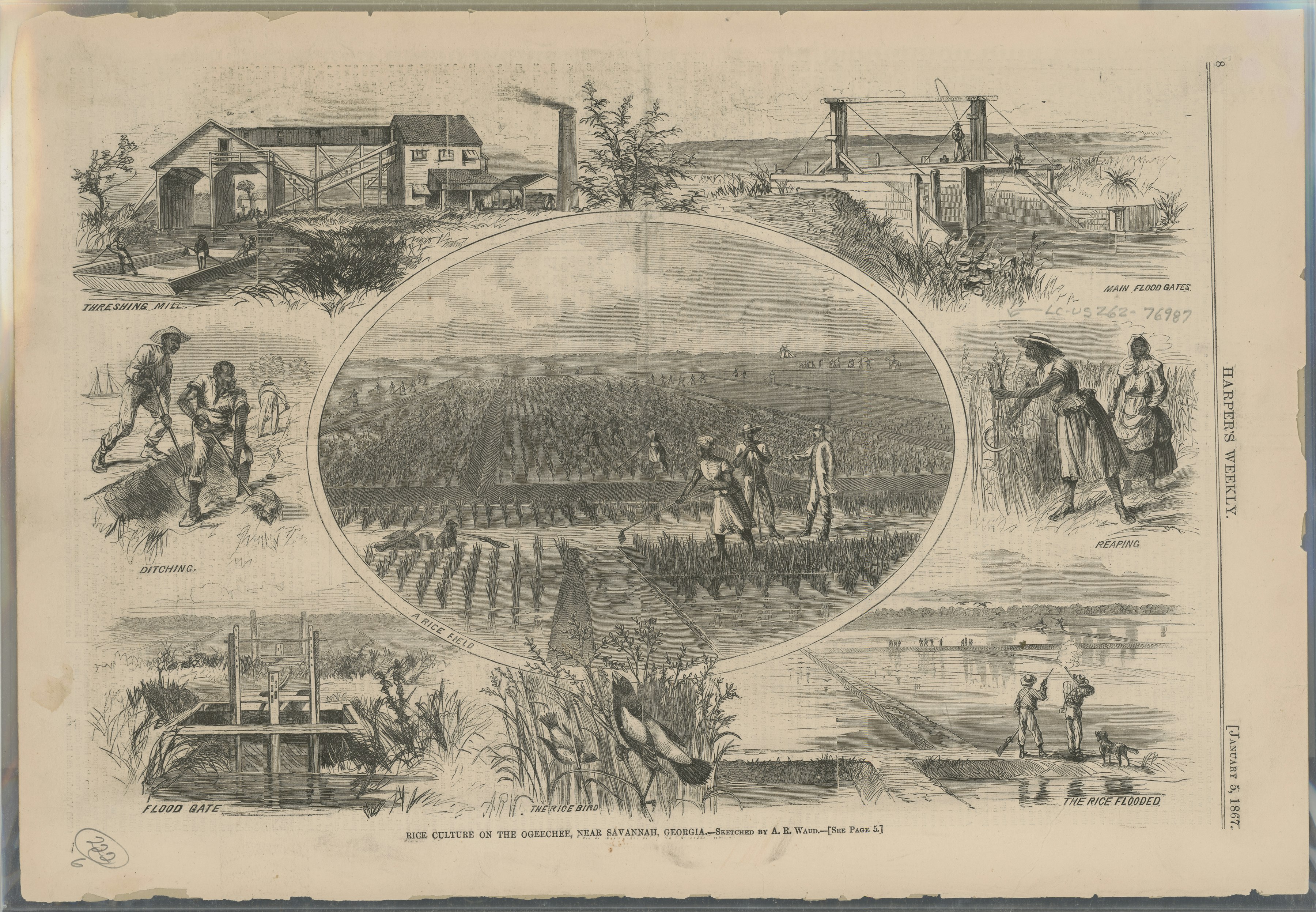
Four of those stories will give the exhibit its structure – one, as the release notes, for each of the four centuries since enslaved Africans arrived on the continent: enslaved rice farmers, who established rice agriculture in the US; James Hemings, the enslaved chef of Thomas Jefferson, who brought French food to the American public; Nathan “Nearest” Green, who taught Jack Daniel to distill whiskey; and Leah Chase, the legendary Creole chef whose New Orleans restaurant fed the civil rights movement.
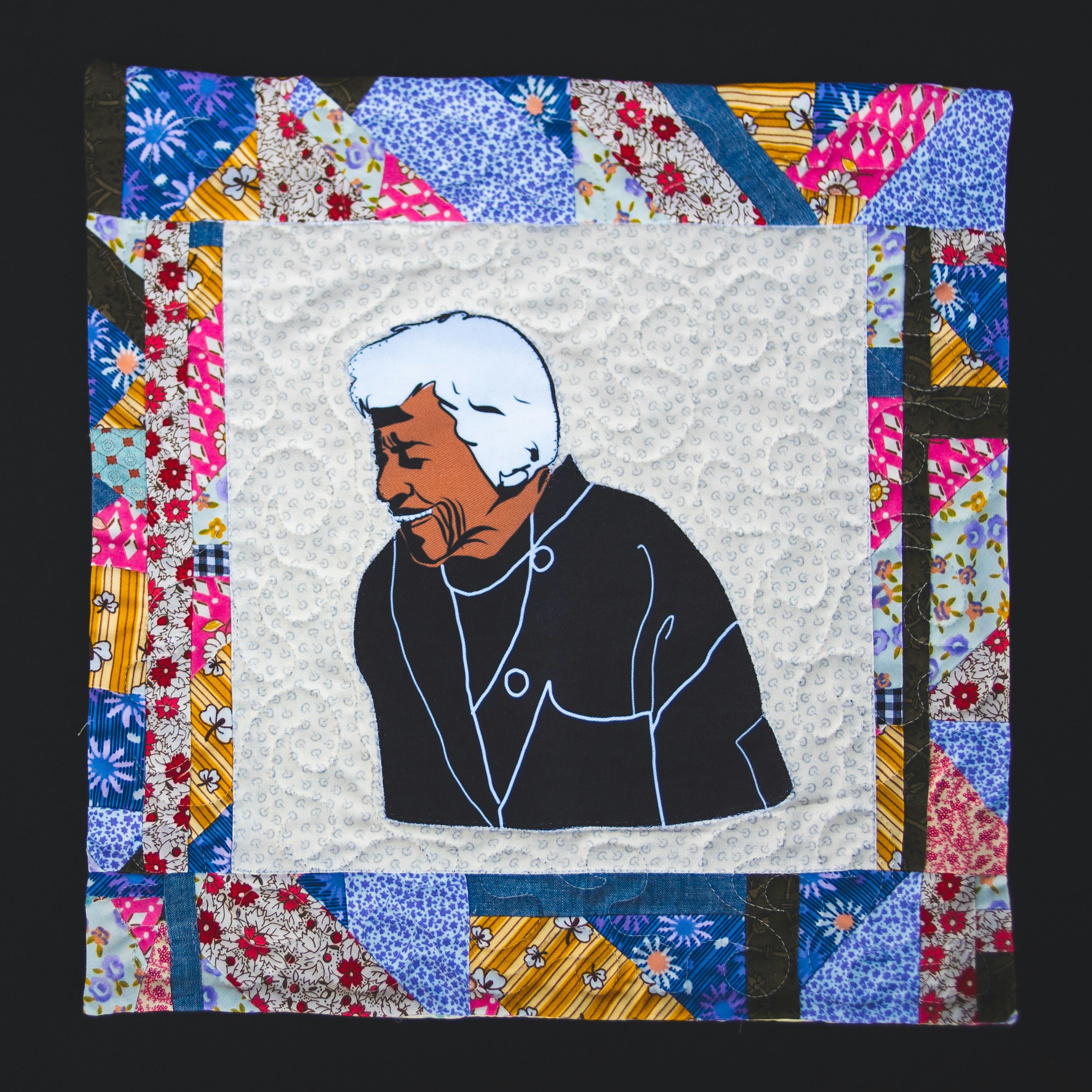
The exhibition will feature a huge, 400-block legacy quilt hand-stitched by Harlem Needle Arts and illustrated by visual artist Adrian Franks, but its centerpiece will be the Ebony Test Kitchen, the mid-century marvel where Ebony magazine editors once put their recipes through their paces. It was nearly destroyed when its Chicago publishing company was torn down, but in February, when the MOFAD team learned that it had been saved from demolition, Kim says he “sent over a proposal to make it the centerpiece of ‘African/American,’ and now we have it in our possession.” It’s undergoing a thorough restoration, and after it make its debut in Harlem, the hope is to take it on the road, hitting epicenters of African American life like Washington, D.C., Philadelphia, Memphis, and New Orleans.
The exhibit itself has been in the works for years, with conversations between Harris and Kim dating back to MOFAD’s inception in 2012. “We were just waiting for the right time to do it,” Kim says. Two years ago, planning began in earnest, and the curatorial team began developing the project with the help of an advisory committee, which included experts like Hall, Questlove, Alexander Smalls, Michael Twitty, and Toni Tipton-Martin.
The museum’s first exhibit found backing via Kickstarter – at the time, Kim says, it was the most highly-funded museum project in the platform’s history – so it was only natural to turn to crowdfunding again. Launched in mid-October, the “African/American” campaign reached its goal of $150,000 in a matter of weeks. “The great thing about the platform is that it both raises money and creates a community of individuals who are passionate about MOFAD's mission,” Kim says. “A crowdfunding campaign also serves as a referendum on an idea. Our success speaks to the tremendous desire to honor and deeply understand how African Americans have shaped American cuisine.”
For more information, visit mofad.org.


